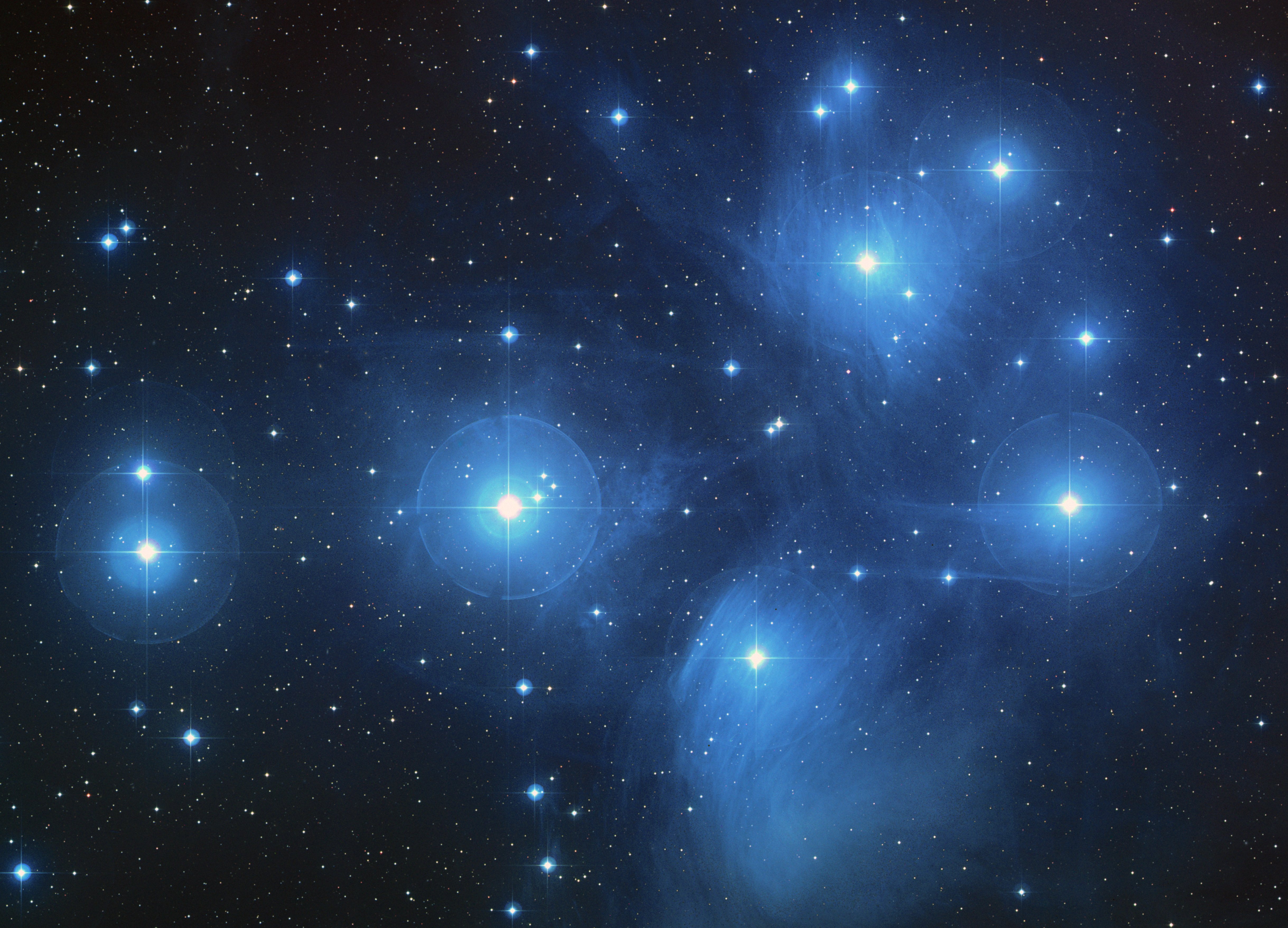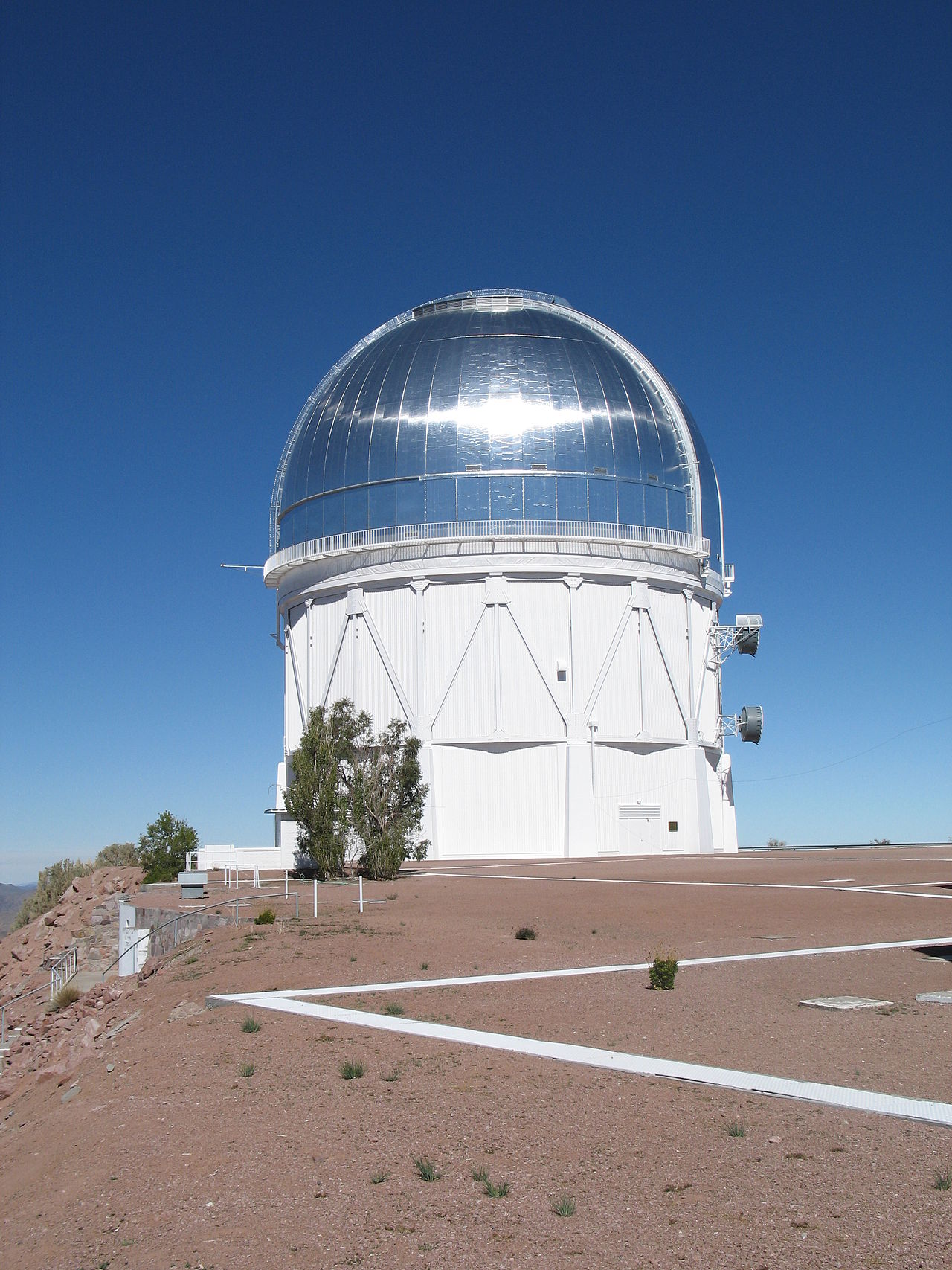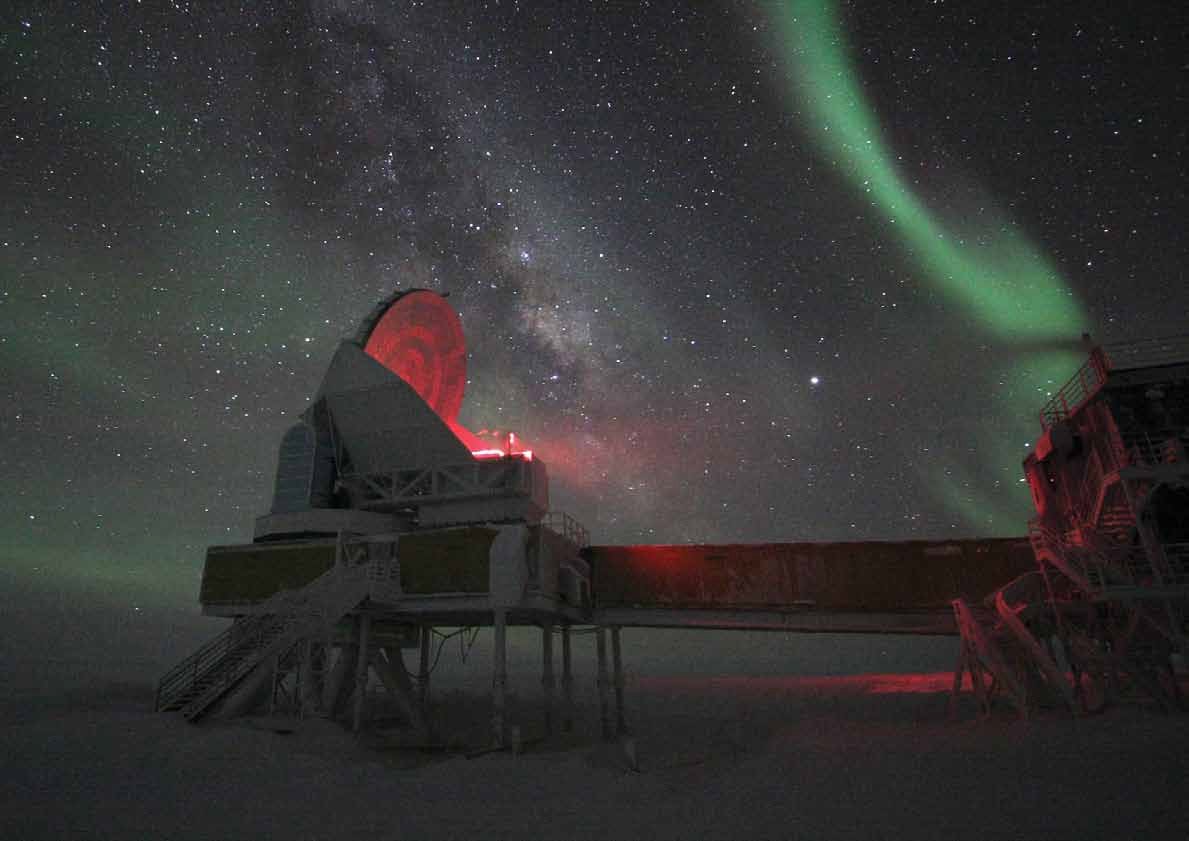Expanding universe. Expanding mind.

What is the origin of the universe, stars, and planets? How do stars die? How will the universe end? Astronomers study some of the biggest questions known today. If you are interested in solving large problems with big ideas, astronomy is your major. In our program, you will expand your mind using tools that can be applied to multiple problems.
Modern astronomy uses many other fields, like physics, computer science, and engineering, to create a foundational knowledge. It’s used to solve problems in space and on Earth, too.
Why should I study Astronomy?
 Many students with a degree in astronomy go on to rewarding careers as researchers and educators. Others work for national observatories, research centers, private industry, museums and planetariums, or in journalism and public relations. A major in astronomy provides a solid foundation in mathematics and physics, and students gain experience with computer programming and statistics as well. This can be an attractive package of skills for employers.
Many students with a degree in astronomy go on to rewarding careers as researchers and educators. Others work for national observatories, research centers, private industry, museums and planetariums, or in journalism and public relations. A major in astronomy provides a solid foundation in mathematics and physics, and students gain experience with computer programming and statistics as well. This can be an attractive package of skills for employers.
Any prospective astronomy students should read A New Universe to Discover: A Guide to Careers in Astronomy (pdf) or visit the website of the American Astronomical Society. They provide details of how to become a professional astronomer as well as the many careers open to those with an astronomy degree.
Why study Astronomy at Illinois?
 The Universe provides plenty of room for exploration, and a degree from Illinois provides access to the Universe. In the classroom, students make use of vast, modern datasets to give you hands-on experience with real data. In research projects outside the classroom, there are multiple options.
The Universe provides plenty of room for exploration, and a degree from Illinois provides access to the Universe. In the classroom, students make use of vast, modern datasets to give you hands-on experience with real data. In research projects outside the classroom, there are multiple options.
The University of Illinois is a leading research institution in observational astronomy, theoretical astrophysics, astronomical imaging, and cosmology. Our faculty members have access to world-class facilities, such as the South Pole Telescope, optical telescopes around the world from Arizona to Antarctica, large survey science projects including DES and LSST, space-based telescopes including the Hubble Space Telescope and the Chandra X-ray Observatory, radio telescopes like ALMA or the VLA, and state-of-the-art supercomputers at NCSA. The University of Illinois places a high value on undergraduate research, and many advanced students participate in research projects with astronomy faculty during the summers and/or fall/spring semesters.